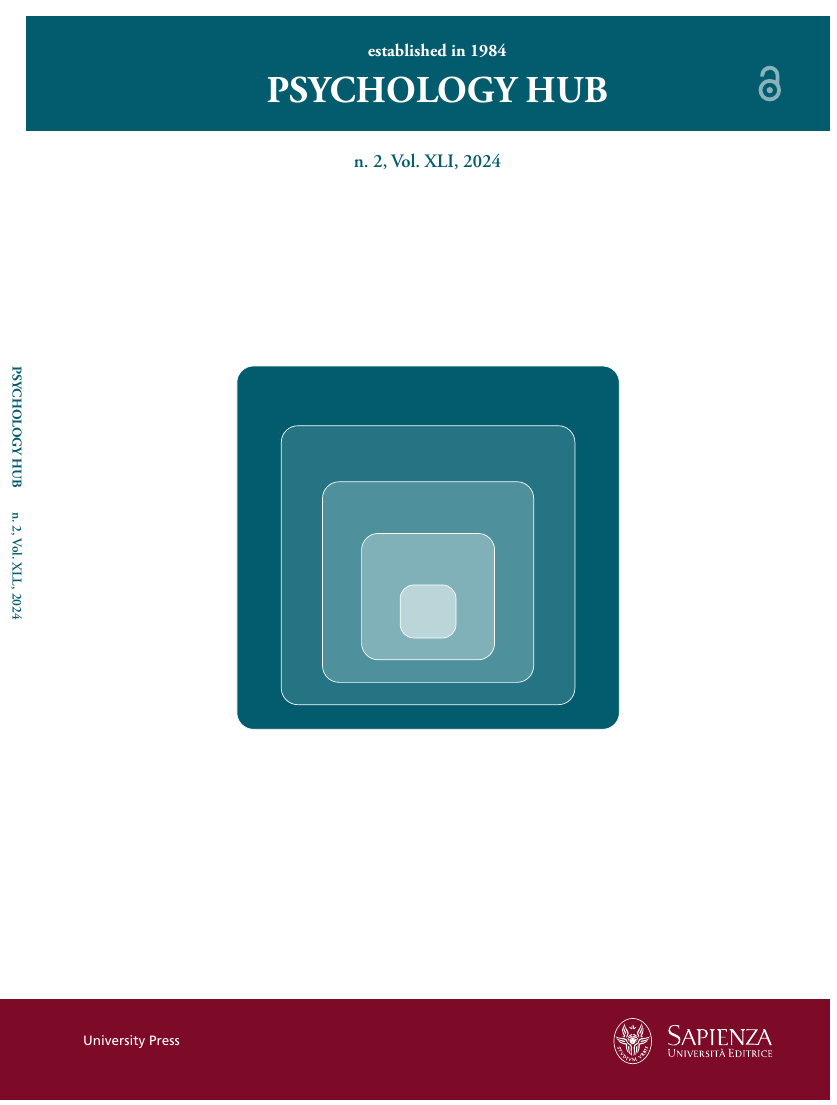Exploring the Coping Strategies, Emotion Regulation and Well-Being Indicators of Parents of Neurodivergent Children: A Comparative Study Between Mothers and Fathers in India
DOI:
https://doi.org/10.13133/2724-2943/18204Keywords:
Neurodivergent, emotion regulation, well-being, Coping, ADHD, Autism Spectrum Disorder, Parental differences, learning disabilityAbstract
The study explores maternal and paternal differences in the coping strategies, emotion regulation and well-being indicators of parents of neurodivergent children in India. Research has shown that the impact of raising a neurodivergent child is different for mothers and fathers. However, most studies focus solely on mothers, and there is insufficient research in the Indian context. It was hypothesised that the emotion regulation, well-being indicators and coping strategies used by fathers and mothers of neurodivergent children are significantly different. 19 mothers and 10 fathers of children (aged 10-16 years) diagnosed with Autism Spectrum Disorder, Attention-Deficit/Hyperactivity Disorder and Learning Disabilities, from the Aatman Academy, Thane participated in the study. The Brief-Coping Orientation to Problems Experienced Inventory (Carver, 1997), Multidimensional Flourishing Scale (Mesurado et al., 2018), Peace of Mind Scale (Lee et al., 2012), and the Cognitive Emotion Regulation Questionnaire-Short Version (Garnefski & Kraaij, 2006) were used to assess coping strategies, well-being and emotion regulation, respectively. A Mann-Whitney U test revealed differences in maternal and paternal results, but they were not significant. Plausible explanations include increased paternal involvement in child-rearing, the dyadic stress model, emotional interdependence in mothers and fathers and communal coping. This study is comprehensive, uses standardised questionnaires, and includes fathers. It can aid mixed methods and longitudinal research on the topic, and in designing timely interventions for parents of neurodivergent children in India.
Additional Files
Published
How to Cite
Issue
Section
License
Copyright (c) 2024 Psychology Hub

This work is licensed under a Creative Commons Attribution-NonCommercial-ShareAlike 4.0 International License.





